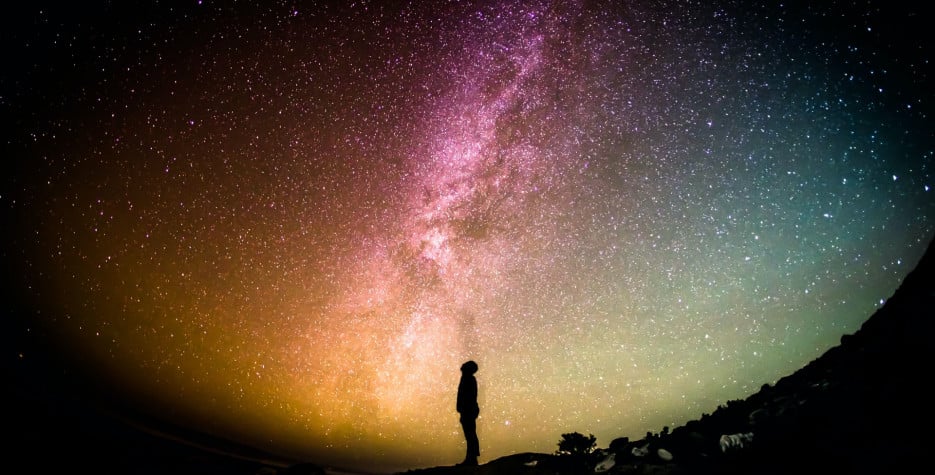When is Matariki?
Matariki is a public holiday in New Zealand. It falls in either June or July and will operate on a "moveable feast" basis, according to the newly appointed chair of the Government’s advisory group on the holiday, Dr Rangiānehu Matamua.
Making Matariki a new public holiday was one of the first election promises made by Prime Minister Jacinda Ardern and Labour during the 2020 general election campaign.
“Matariki will be a distinctly New Zealand holiday; a time for reflection and celebration, and our first public holiday that recognises Te Ao Māori,” Jacinda Ardern said.
In April 2022, the Te Pire mō te Hararei Tūmatanui o te Kāhui o Matariki/Te Kāhui o Matariki Public Holiday Bill passed its third reading without the support of National or Act.
The bill set the dates for the holiday date through until 2052, falling on the Friday closest to the Tangaroa lunar phase - when the last quarter-moon rises - of Piripi, a period typically falling between June and July.
The New Zealand Government has committed to ensuring mātauranga Maori is at the heart of celebrations of the Matariki public holiday, and it will be a time for:
- Remembrance – Honouring those we have lost since the last rising of Matariki
- Celebrating the present – Gathering together to give thanks for what we have
- Looking to the future – Looking forward to the promise of a new year
What is Matariki?
Matariki is the Māori name for the Pleiades star cluster. Before sunrise during New Zealand’s winter, the cluster is visible as a faint sparkle of tiny dots when you look towards the northeast horizon. It rises during Pipiri (June/July) and marks the beginning of the Māori new year. Generally, the Māori acknowledge nine main stars in the group.
The word is an abbreviation of Ngā Mata o te Ariki (Eyes of God) in reference to Tāwhirimātea, the god of the wind and weather. In the story of creation, Tāne Mahuta (god of the forest) separated his parents Ranginui and Papatūānuku, and his brother Tāwhirimātea got upset and tore out his eyes, crushed them into pieces and thew them into the sky.
Traditionally, Maori iwi, or communities, would gather together at night during a time of the constellation's prominence, making use of the period between harvests to celebrate and make offerings for a bountiful future.
When Matariki disappeared in April/May, it was time to preserve crops for the winter season. When it re-appeared in June/July its appearance was said to predict the success of the season ahead; clear bright stars are a good omen and hazy stars predict a cold, harsh winter. The brightness of each individual star predicts the fortunes of a specific thing that the star represents, such as the wind or food that grows in trees.
Some iwi recognise this time of year by the appearance of Puanga, also known as Rigel. There are also regions where the setting of Rehua, also known as Antares, is used to identify the change of seasons.
Matariki Dates
The New Zealand Government has released the dates for the Matariki public holiday for the next 30 years:
2022 - June 24
2023 - July 14
2024 - June 28
2025 - June 20
2026 - July 10
2027 - June 25
2028 - July 14
2029 - July 6
2030 - June 21
2031 - July 11
2032 - July 2
2033 - June 24
2034 - July 7
2035 - June 29
2036 - July 18
2037 - July 10
2038 - June 25
2039 - July 15
2040 - July 6
2041 - July 19
2042 - July 11
2043 - July 3
2044 - June 24
2045 - July 7
2046 - June 29
2047 - July 19
2048 - July 3
2049 - June 25
2050 - July 15
2051 - June 30
2052 - June 21


